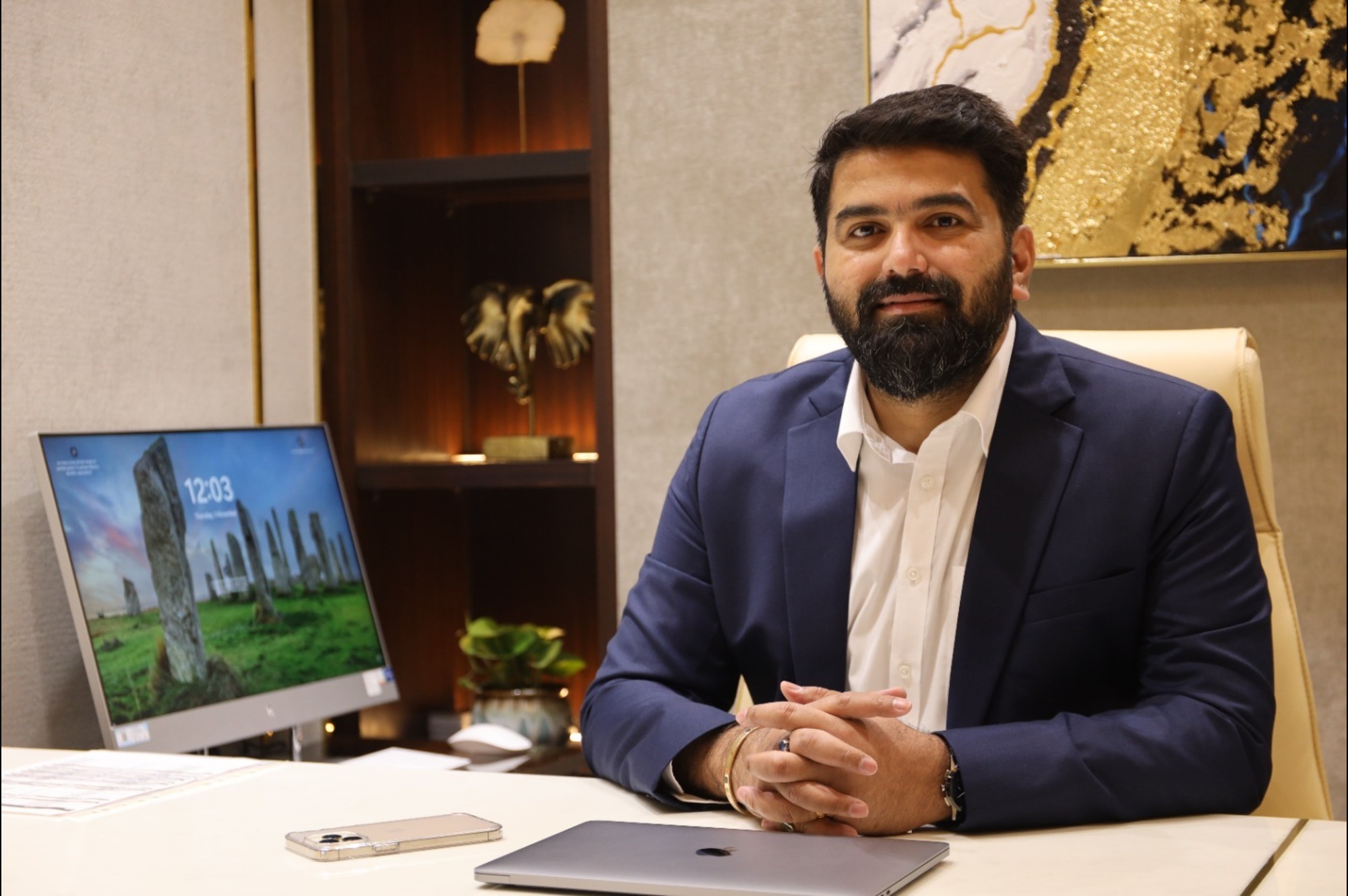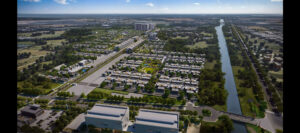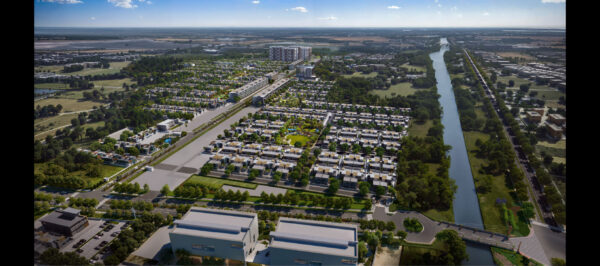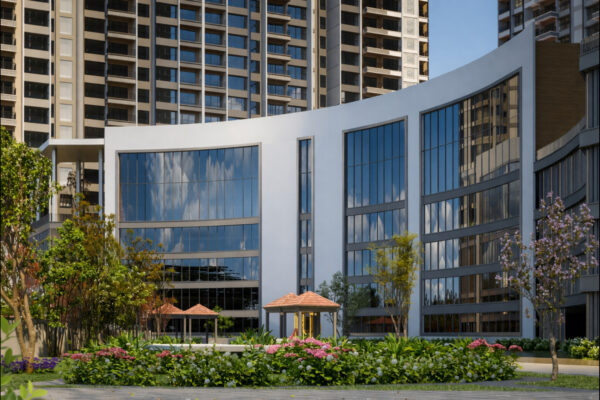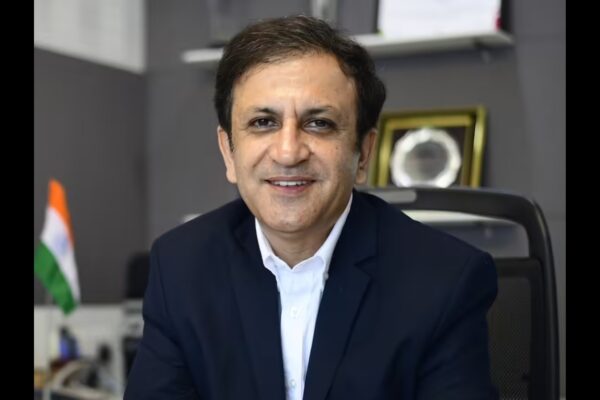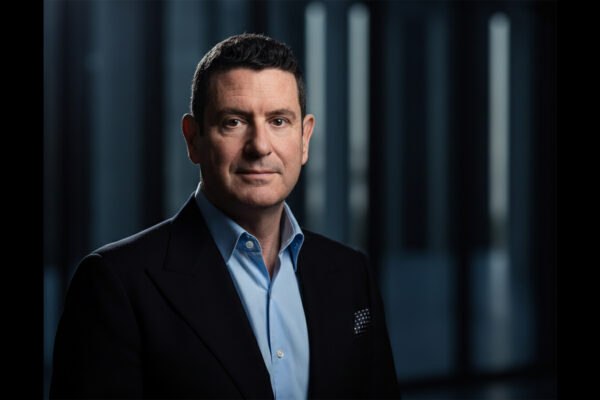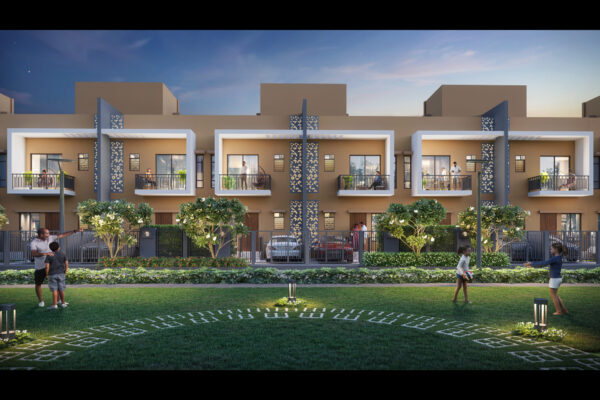Interview: Interview: Neeraj K Mishra, Executive Director, Ganga Realty
How has digital transformation influenced your project planning and execution processes?
Digital transformation has fundamentally reshaped how we approach project planning and execution. Today, we rely heavily on digital platforms for end-to-end project lifecycle management – from concept design and feasibility analysis to construction tracking and delivery. Tools like 4D scheduling and cloud-based collaboration have improved transparency, real-time monitoring, and team coordination, enabling us to stay agile and meet tighter deadlines.
What role do technologies like BIM, AI, and IoT play in your current development projects?
BIM (Building Information Modeling) is now a central component of our design and construction strategy. It helps us simulate real-world performance, optimize spatial layouts, and anticipate potential construction conflicts before ground is broken. AI is increasingly being used in predictive modeling—whether for market trends, material procurement, or energy optimization. IoT is powering our smart building systems, allowing us to monitor everything from energy use to equipment health remotely, reducing maintenance costs and enhancing tenant comfort.
How have virtual tours and other digital marketing tools changed the way you engage with potential buyers?
Virtual tours have dramatically improved customer engagement and shortened the decision-making cycle. Buyers can now explore our properties from anywhere in the world, at their convenience. We have integrated interactive walkthroughs, AR/VR visualizations, and even AI-powered chat assistants on our platforms, making the buying journey more intuitive and informative. These tools not only improve buyer confidence but also reduce the need for multiple site visits.
What challenges have you faced in adopting new technologies on your sites, and how have you overcome them?
The biggest challenge has been change management – getting teams, especially on-ground staff and contractors, to adopt new digital tools. To overcome this, we have invested in extensive training programs and appointed tech champions within project teams to drive adoption. We also phased rollouts strategically, starting with pilot projects to demonstrate ROI before full-scale implementation.
How do you see technology improving collaboration between your design, construction, and sales teams?
Technology acts as a bridge across departments. Through integrated project management tools and shared data environments, our design, construction, and sales teams now work from a single source of truth. This reduces miscommunication and ensures everyone is aligned with project timelines, changes, and client feedback. It has turned previously siloed functions into a synchronized workflow.
In what ways has digitalisation helped you reduce project delays and cost overruns?
Digitalization gives us better control and foresight. With real-time dashboards, we can track progress, resource allocation, and budget adherence daily. AI-driven forecasting models alert us to potential delays before they occur, allowing proactive mitigation. Moreover, automated procurement and digital inventory systems reduce wastage and procurement delays, helping us stay within budget and on schedule.
How are you leveraging data analytics to make better decisions regarding site selection, design, or sales strategy?
We use data analytics extensively—whether it’s identifying high-demand micro-markets, predicting future land value, or tailoring design elements to buyer preferences. CRM-integrated analytics help us track sales performance and fine-tune our go-to-market strategy. This data-driven approach enables more informed decision-making and a more strategic allocation of capital.
What steps are you taking to incorporate sustainable and smart building technologies into your developments?
Sustainability is at the core of our vision. We are implementing energy-efficient HVAC systems, solar panels, water recycling units, and low-carbon materials. In terms of smart technology, we are integrating intelligent lighting, access control, and automated climate control systems. These initiatives not only lower operational costs but also create healthier, more responsive living spaces for our residents.
How important is customer experience in your digital strategy, and what tools do you use to enhance it?
Customer experience is a key driver of our digital strategy. From personalized mobile apps for buyers to real-time construction updates, we ensure transparency and engagement throughout the customer journey. Post-sale, we offer digital concierge services and maintenance requests through integrated platforms. This continuous touchpoint system builds trust and long-term relationships.
What emerging technologies do you believe will be game-changers for real estate development in the next 3–5 years?
I see three key technologies reshaping real estate in the near future: Generative AI for automated design, Digital Twins for lifecycle asset management, and blockchain for smart contracts and property transactions. These tools will not only drive operational efficiency but also unlock entirely new service models in the real estate ecosystem.
Tags

